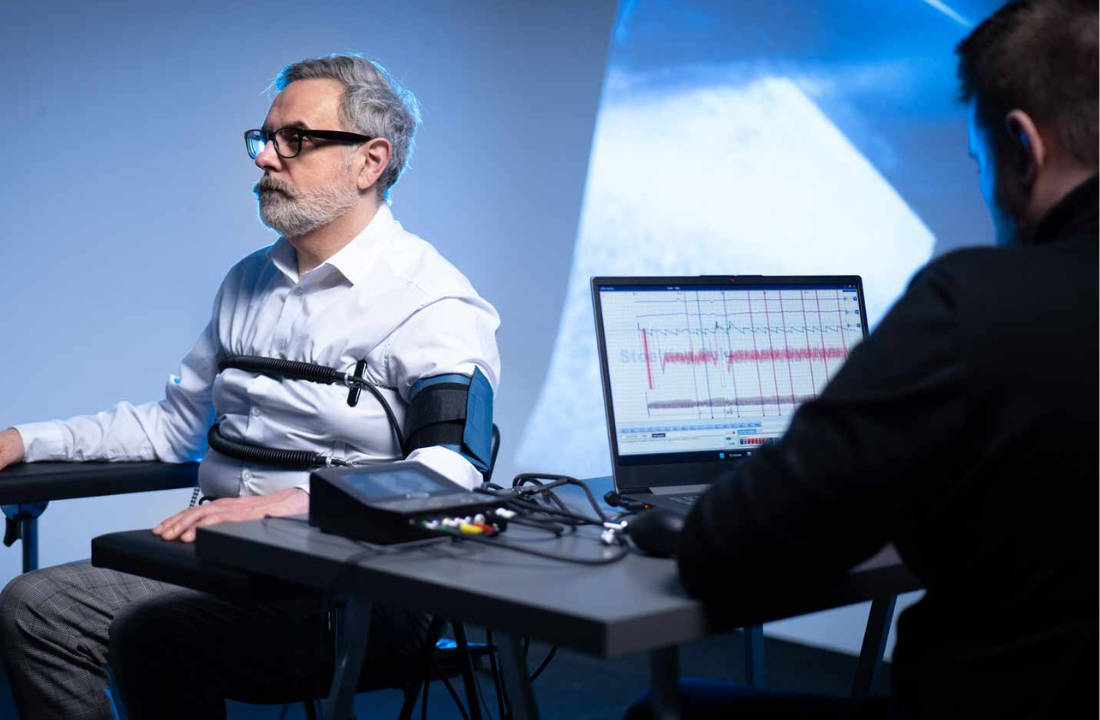
Lie Detection Technology: Innovations Shaping Our Future
The scientific community as well as the general public have long found great fascination in lie-detecting technology. From the conventional polygraph to contemporary developments in neuroscience and artificial intelligence, ideas in this field are transforming our knowledge of human behavior and dependability. As we see advancements like the Lie Detector Test Wisconsin, the development of effective lie detection techniques promises many uses, from security to law enforcement and even personal relationships, as society values openness and accountability more and more.
Advancements in Polygraph Techniques
Often seen as the standard lie detection tool, the polygraph has seen major development recently. Traditional polygraphs infer deception by measuring physiological reactions including heart rate, blood pressure, and respiration. Modern improvements have brought sophisticated insights by means of improved sensors and data analysis methods, though. Higher accuracy and dependability follow from these revised polygraphs’ look at a wider variety of physiological signs and integration of real-time data analysis.
Neuroscience and Brain Imaging

One of the most revolutionary ideas in lie detection comes from the realm of neuroscience. Researchers may real-time view brain activity using methods including electroencephalography (EEG) and functional magnetic resonance imaging (fMRI). Studies indicate that dishonesty is linked to several patterns of brain activity. Through the identification of these trends, neuroscientists are creating techniques with maybe higher accuracy than conventional lie detection tools. From criminal investigations to employment screenings, this technology creates new paths for knowledge of the cognitive processes behind lying and could result in more objective assessments of accuracy in many contexts.
Ethical Considerations and Future Implications
Advancement in lie-detecting technology calls for ethical issues to be addressed. Privacy, consent, and the consequences of false positives are under question given the possibility for misuse or over-reliance on these instruments. To guarantee that new technologies be applied morally and responsibly, society has to set unambiguous rules and regulations. Moreover, as the technology spreads, it will be vital to inform the people on its constraints and the complexity of human behavior.
Advances in polygraph methods, neurology, and artificial intelligence are driving fast evolution in lie detection technologies, such as the Lie Detector Test Wisconsin. With possible uses in many fields, these developments are changing our conception of truthfulness and dishonesty. As we accept new technologies, though, we must approach them carefully and balance their advantages with ethical questions. Though it promises great future possibilities, lie detection must be carefully examined in terms of its effects on society at large.